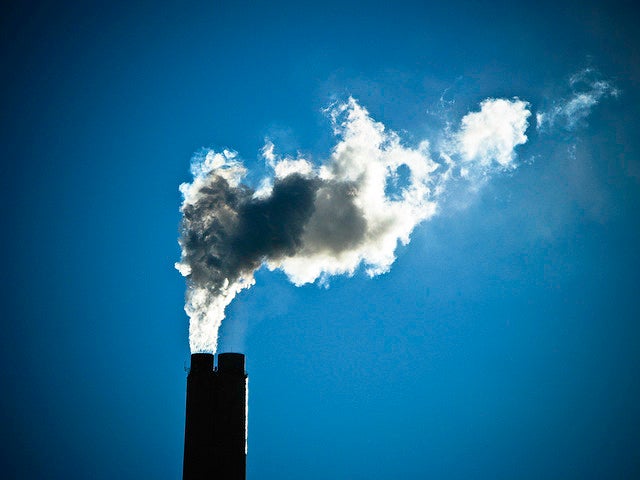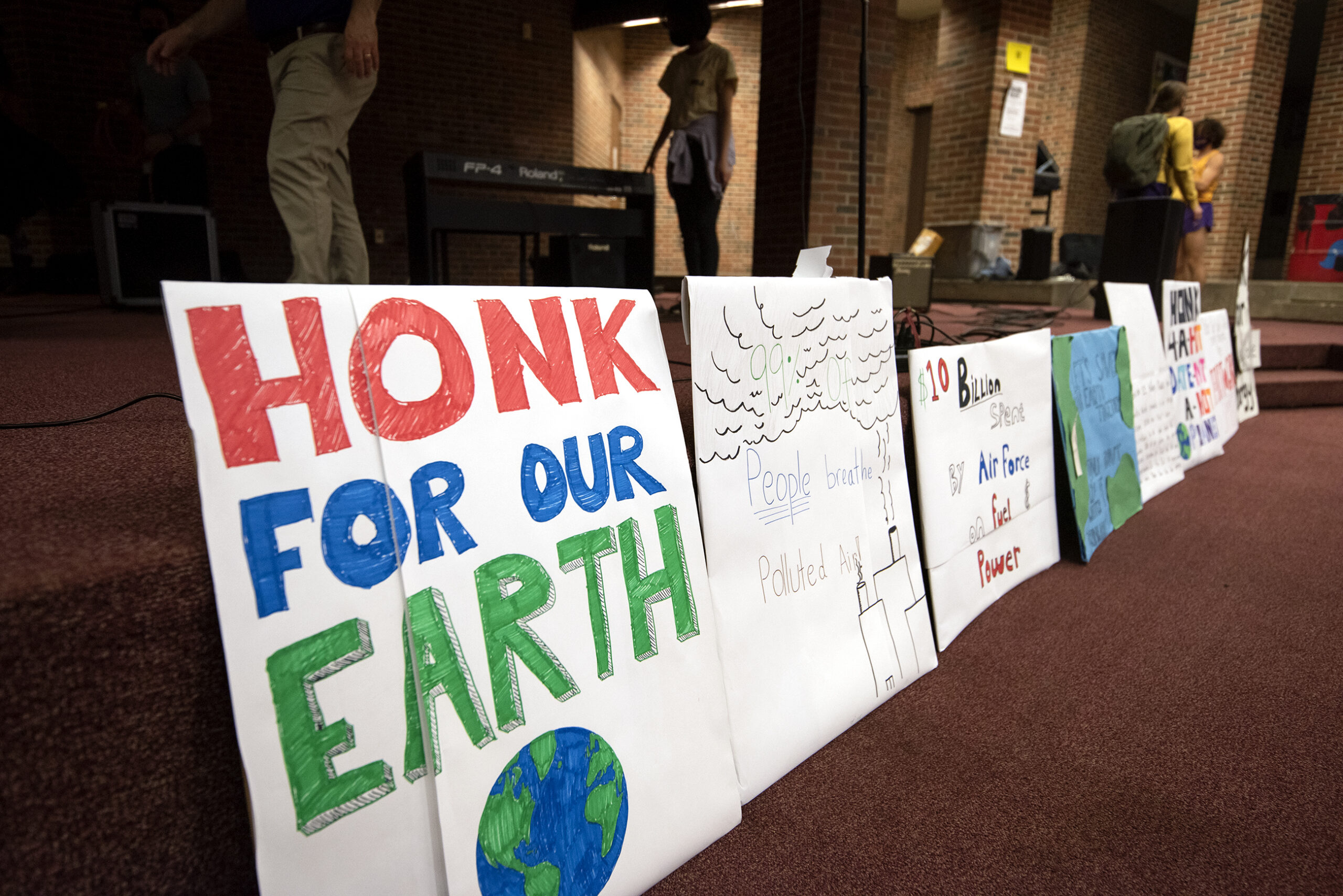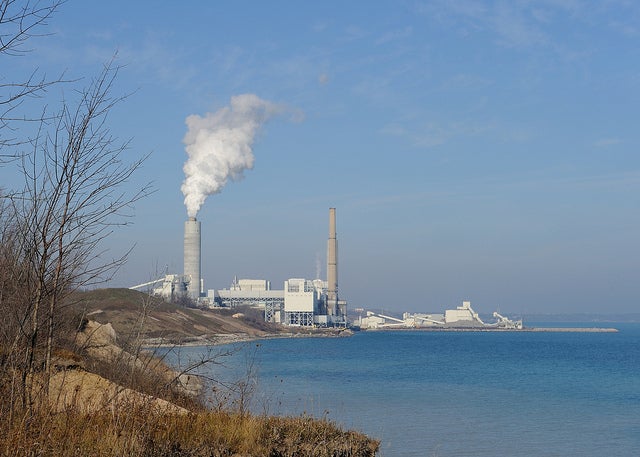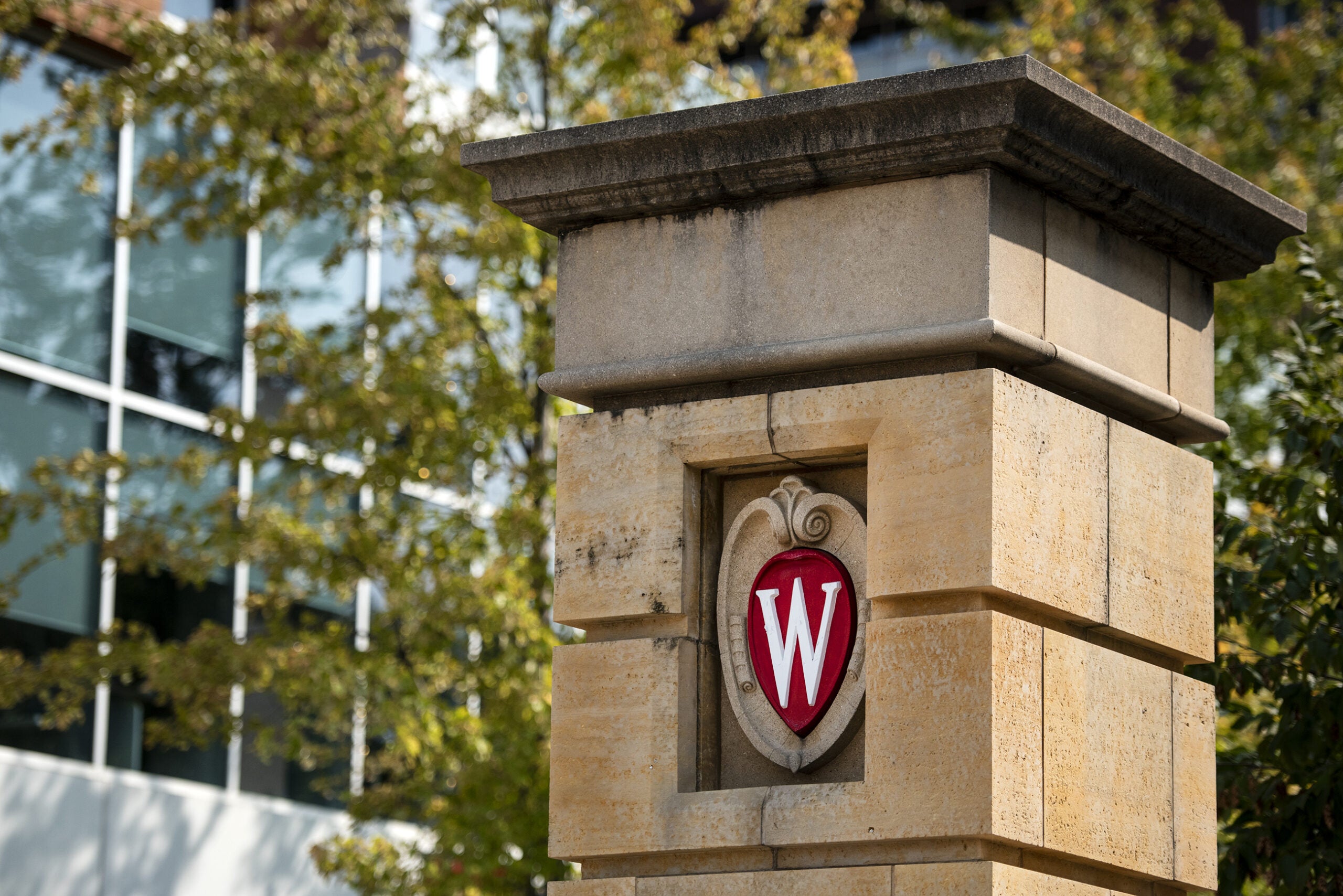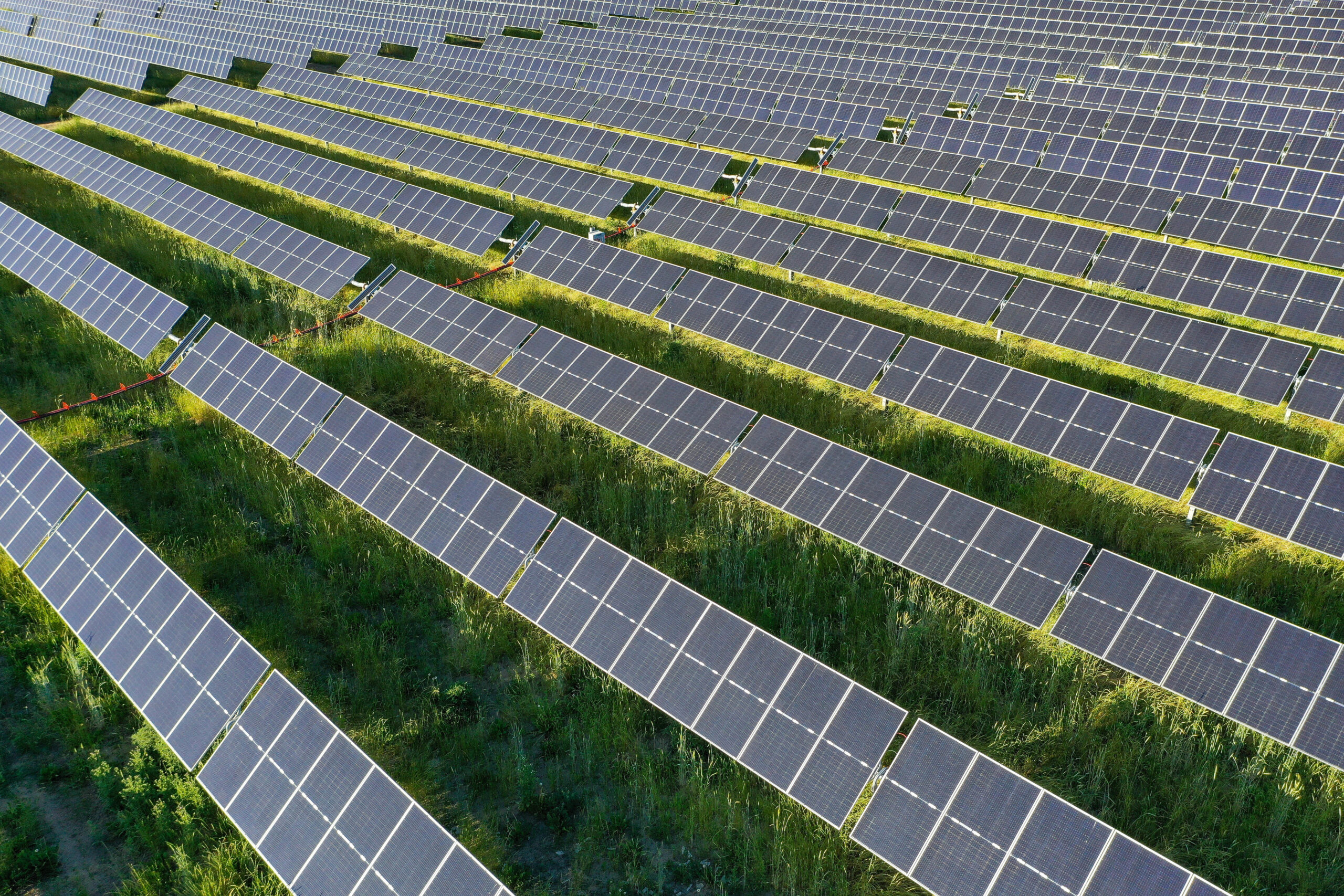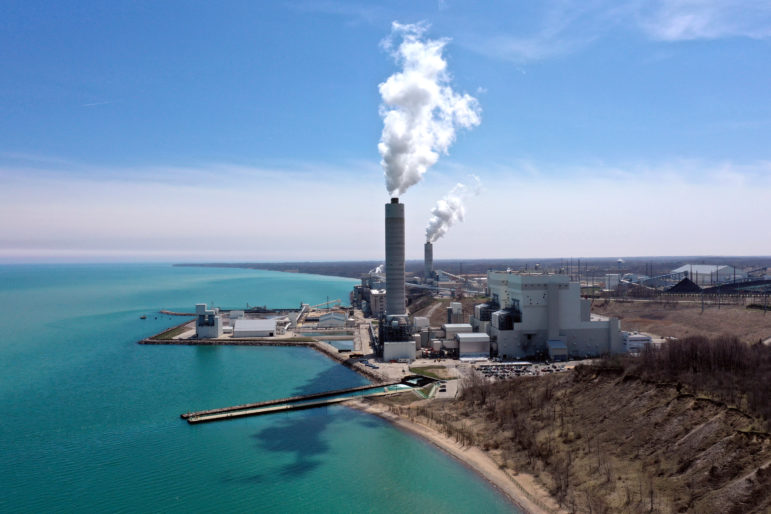Gov. Tony Evers’ Task Force on Climate Change kicked off a series of five listening sessions Tuesday to hear about climate change impacts in Wisconsin and potential ways to address them.
Evers established the task force last fall to develop strategies that help communities reduce and adapt to the effects of climate change. The task force is comprised more than 30 members representing a wide variety of groups, including utilities, environmental groups, health officials, tribes and more.
The meeting, held virtually, highlighted sustainability work being done in the cities of River Falls and Milwaukee, as well as within the University of Wisconsin System. States and local communities have been stepping up to address climate impacts as the United States and other nations have backed away from commitments to combat climate change.
Stay informed on the latest news
Sign up for WPR’s email newsletter.
Earlier this year, River Falls began operating its city buildings on 100 percent renewable energy. Mike Noreen, conservation and efficiency coordinator for River Falls, told the task force the city didn’t want to set a goal too far out in the future.
“We got a baseline of all that utility and energy use in all of our buildings in the city, and we simply followed that,” said Noreen. “We took care of the low-hanging fruit, and then we moved on to more challenging or, honestly, more costly things, and it worked.”
The city of Milwaukee has set a number of climate action goals, which include obtaining 25 percent of energy for city operations from renewable sources by 2025. The city also set a goal to cut community carbon emissions by 45 percent by 2030.
Erick Shambarger, director of environmental sustainability for Milwaukee, told the task force the city needs partners among utilities and at the state level to reach their goals.
“We need the state of Wisconsin to upgrade and update your building energy codes or at least allow municipalities the ability to have stretch codes and more local control to set our own code,” said Shambarger. “Right now, the statewide energy code is not incredibly ambitious, and there’s opportunities to advance it. As we start to think more about net-zero energy homes, that’s a good place for the state to start.”
Shambarger said the city would like to see lawmakers clarify laws on third-party financing for solar projects, as well require Wisconsin electric utilities to develop plans to phase out all coal-fired power plants by 2040.
Kate Nelson, chief sustainability officer for UW-Milwaukee, said during the meeting that the University of Wisconsin System makes up more than 50 percent of the state’s utility budget.
“That’s significant to educate around 170,000 students per year, which is what we get for using that energy for research and education,” said Nelson. “That’s $114 million, on average, to support the energy for all of our campuses.”
She noted the UW System had reduced energy use per square foot more than 19 percent, according to 2018 data. But, at the same time, Nelson said the system’s footprint has grown about 13 percent.
Dave Barbier, sustainability coordinator with UW-Stevens Point, told the task force his campus needs clear goals in order to become more energy-efficient and sustainable in the future.
“We need those set up and prepared, so we have a target of which we’re shooting for,” said Barbier.
During breakout sessions at the task force meeting, participants echoed a desire for the state to set the tone in meeting climate goals. They raised a number of concerns including social justice and racial equity in addressing climate change, as well as the health impacts of a warming climate and effects of extreme weather on their communities.
Lt. Gov. Mandela Barnes, who chairs the task force, said he agreed with a lot of the recommendations highlighted by those who took part in the meeting. He said many ideas would create a path to a clean energy economy with better health and economic outcomes for the state.
“We do want to work with cities, towns, villages, tribal government and counties to get it done,” said Barnes.
Yet Barnes said much of the boldest action desired for the state to achieve those goals would require approval from the Republican-controlled Legislature. He argued some lawmakers have been unwilling to act on climate change, pointing to actions under former Republican Gov. Scott Walker’s administration.
During Walker’s time in office, climate change language was scrubbed from the Wisconsin Department of Natural Resources’ website. Walker also sued to block implementation of then-President Barack Obama’s Clean Power Plan that sought to reduce utilities’ carbon emissions. Walker said the plan would cost thousands of jobs and prove to costly for ratepayers.
Rep. Mike Kuglitsch, R-New Berlin, who chairs the Assembly Committee on Energy and Utilities, has also expressed concern over the cost of transitioning away from electricity powered by fossil fuels and how that may impact ratepayers.
Last August, Evers set a goal for Wisconsin to produce 100 percent carbon-free electricity by 2050. Electricity production accounts for the second-largest share of greenhouse gas emissions nationwide, behind the transportation sector, according to the U.S. Environmental Protection Agency.
The governor created the Office of Sustainability and Clean Energy to oversee the state’s progress toward that goal, as well as support clean energy standards, research and workforce training.
Major utilities in Wisconsin have set goals to reduce carbon emissions by 80 percent from 2005 levels by 2050 while Xcel Energy has pledged to go carbon-free by 2050.
Evers also joined the U.S. Climate Alliance, a coalition of governors formed in 2017 to achieve carbon reduction goals under the 2015 Paris Agreement.
Scientists have found changes to the world’s climate are primarily human-made and causing more frequent, extreme weather events that contribute to infrastructure damage and growing health risks, according to the Fourth National Climate Assessment.
Wisconsin is projected to warm as much as 4 to 9 degrees Fahrenheit by 2050, according to the Wisconsin Initiative on Climate Change Impacts.
The task force has scheduled five listening sessions through July 15 so people can offer input as members put together policy recommendations ahead of the next biennial budget. The task force must provide policy recommendations on addressing climate change by the end of October.
Wisconsin Public Radio, © Copyright 2024, Board of Regents of the University of Wisconsin System and Wisconsin Educational Communications Board.

